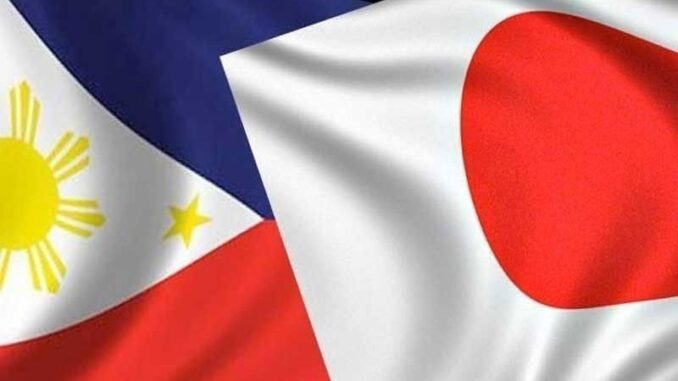
MANILA, Philippines — The Philippines and Japan have renewed an agreement to trade one currency for another at a preset rate over a given period.
The Bangko Sentral ng Pilipinas (BSP) and the Bank of Japan (BOJ), acting as an agent for Japan’s Minister of Finance, signed the Bilateral Swap Arrangement (BSA) that took effect on Jan. 1.
“Japan and the Philippines believe that the BSA, which aims to strengthen and complement other financial safety nets, will further deepen financial cooperation between the two countries and contribute to regional and global financial stability,” the BSP said.
This marks the fourth amendment and restatement of the third BSA, which facilitates currency swaps between the two countries.
The arrangement allows both nations to exchange their local currencies for the dollar, with the additional capability for the Philippines to swap the peso directly for Japanese yen.
“The size of the BSA remains unchanged, that is, up to $12 billion or its equivalent in Japanese yen for the Philippines, and $500 million for Japan,” the central bank said.
This two-way mechanism aims to strengthen financial safety nets and bolster economic resilience.
Currency swap agreements are more complex than merely converting denominations for accounting as they play a critical role in facilitating global economic activity.
These agreements enable seamless cross-border business operations and provide central banks with essential tools for managing monetary policy effectively.
The BSP and BOJ have had this kind of agreement in place since 2001. The BSP can borrow from the BOJ in case the country encounters difficulties in its balance of payments, or when its dollars or other foreign currencies fall short of short-term obligations.
Former BSP governor and current Monetary Board Member Benjamin Diokno earlier said the Philippines continues to enjoy hefty dollar reserves and other foreign currencies.
Nevertheless, having a mutual assistance arrangement with Japan is prudent as it provides a safety net.
Based on preliminary data from the BSP, gross international reserves (GIR) stood at $108.5 billion as of end-November, decreasing by 2.3 percent from the $111.1 billion as of end-October.
Year on year, GIR rose by 5.6 percent from the $102.72 level in November 2023.


Be the first to comment